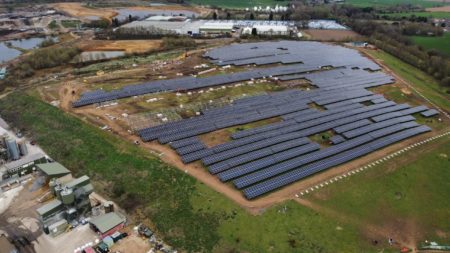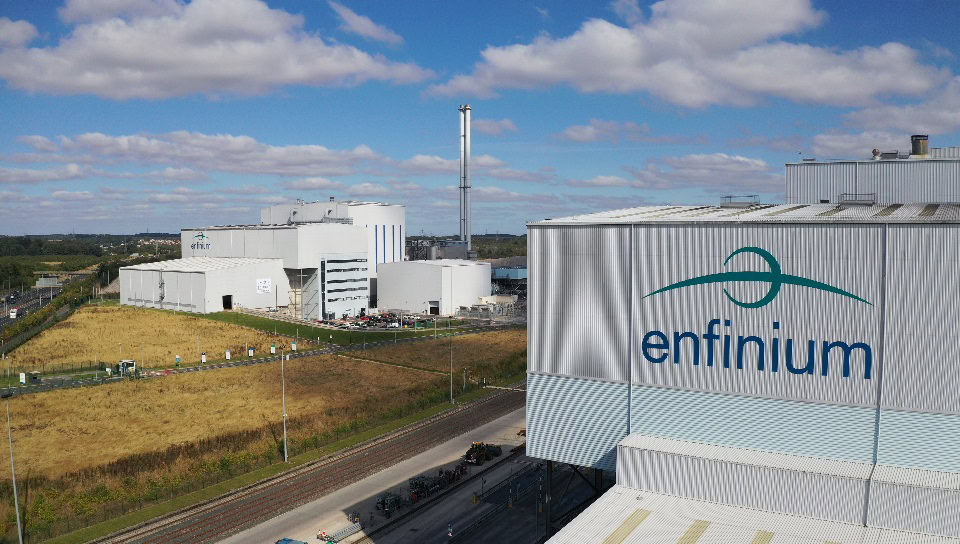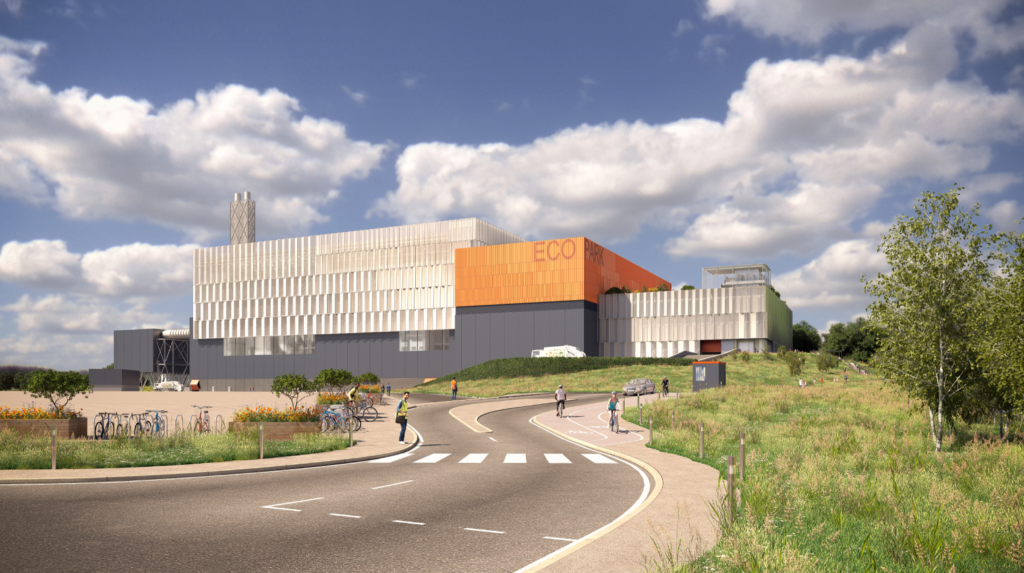
The Refuse Derived Fuel (RDF) Industry Group has called on the UK government and the European Commission to “recognise the role that waste-derived fuels can play” in reducing methane emissions from landfill.
And, the Environmental Services Association (ESA) has said “wider resources and waste policy must reconcile and support” efforts to reduce waste sector emissions from a range of treatment infrastructures.
This comes after the European Union and the United States launched the Global Methane Pledge to combine with COP26, under which countries, including the UK, pledge to reduce methane emissions by 30% by 2030.
RDF
According to the RDF industry group’s analysis, based on UK landfill sites and Dutch EfW plants, one tonne of waste sent to landfill emits ten times more CO2e overall than recovering the same waste in an EfW facility.
“In the context of RDF export, this means the European community working together to optimise residual waste management at an EU-wide level, and to ensure that spare EfW capacity in Northern and Western Europe is used to divert waste from landfill in other countries,” the RDF Industry Group stated.
It said that in this way, the group claims, the methane emissions associated with waste management could be reduced for the EU as a whole.
Robert Corijn, chair of the RDF Industry Group and marketing manager at Attero B.V., said: “One of the best ways for Europe to reduce its methane emissions is by reducing, as far as possible, the amount of municipal waste being sent to landfill. With a quarter of Europe’s municipal waste still being treated this way there is a long way to go.
“We are seeing some EU Member States considering a reduction in national energy-from-waste capacity, and others putting up barriers to using this capacity, at a time when Member States should be working together to ensure this existing capacity is used to divert waste from landfill. Only through this kind of joined-up thinking will Europe be able to effectively, and quickly, reduce its overall methane emissions.”
“Import taxes, incineration taxes and carbon taxes be redesigned or removed” – RDF Industry Group
Policy

The group also called on policy makers to align waste policy with the EU and UK’s commitment to reduce methane emissions by “removing barriers to the optimal utilisation of all available energy-from-waste and capacity within Europe”.
It said import taxes, incineration taxes and carbon taxes “that hinder the free trade of waste-derived fuels, and thus make the transition away from landfill more difficult, should be redesigned or removed”.
It added: “With a suitable policy structure supporting the free, cross-border trade in waste-derived fuels, better residual waste management can become a main contributor in the EU and UK’s efforts to meet their Global Methane Pledge goals.”
Capture
The ESA says although its members have invested “significantly in landfill methane gas capture”, the gases arising form landfill are still the second largest contributor to the waste sector’s emissions.
It says the ESA’s members have now set a sectoral target of reaching net-zero by 2040. This includes an objective to remove organic waste inputs from landfill by 2030.

Defra has also indicated that it intends to ban biodegradable municipal waste from landfill by 2028, with Scotland implementing a ban in 2025.
Executive director of the ESA, Jacob Hayler, said: “However, banning material from landfill is just one piece of the puzzle and places pressure on other strategies and treatment infrastructure to avoid and treat these waste streams – which wider resources and waste policy must reconcile and support.
“We are pleased to see many of the world’s leaders commit today to cutting methane emissions from all sources by thirty per cent over this decade, and acknowledge the role of landfill within this, but COP26 offers an opportunity for governments around the world not just to focus on landfill, but to grasp the huge wider opportunities for carbon saving offered by implementing policy-drivers and targets that support greater resource-efficiency and a more circular global economy.”
RDF Conference | 25 November | Congress Centre, London
Now in its eighth year, the RDF Conference has established itself as one of the key must-attend conferences for all those operating in the RDF, SRF and Energy from Waste sectors. To book your ticket, click here.








Subscribe for free